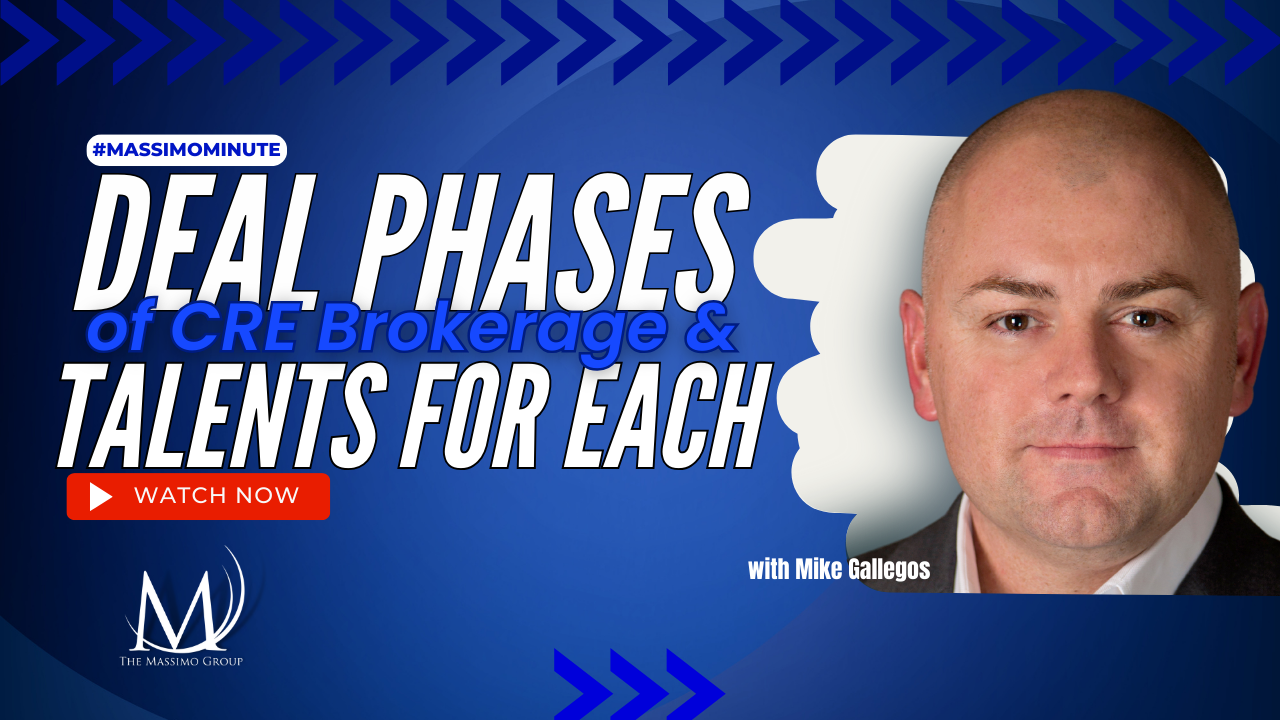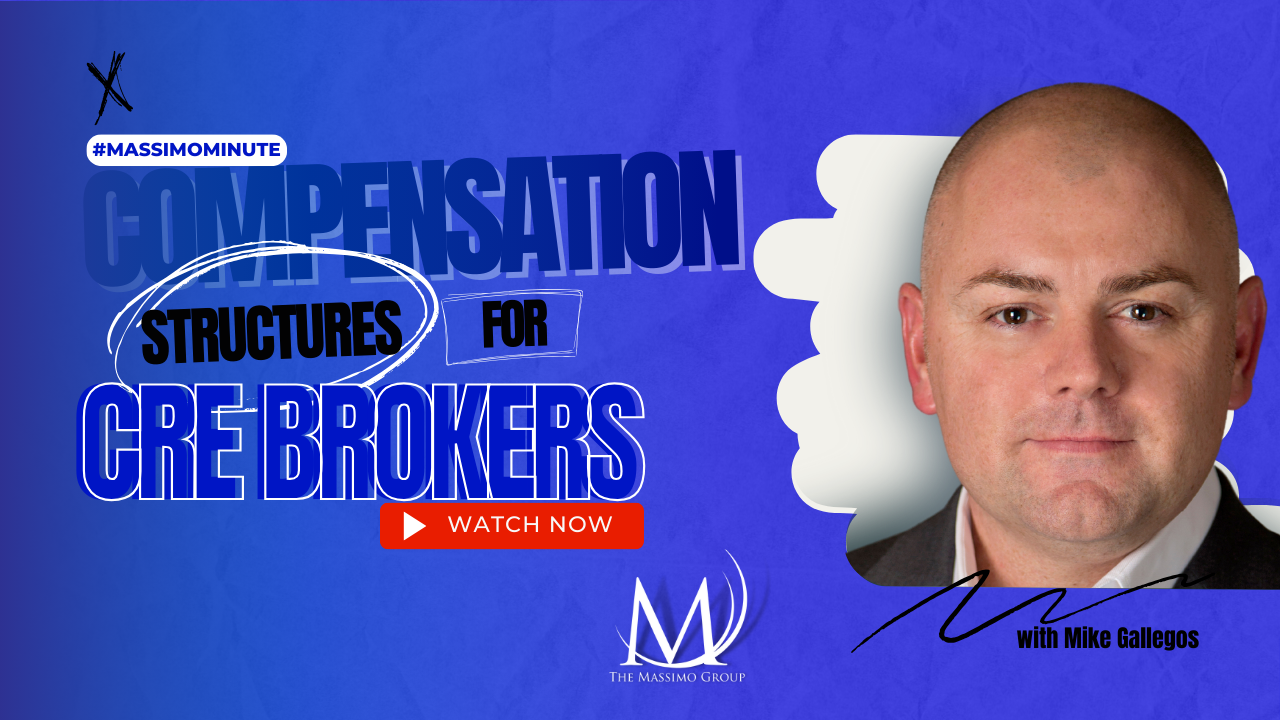What is the average real estate commission? Get higher commission percentage from your better property sales, including residential real estate and commercial real estate based on these data I collected.
In this article:
Earn More Than The Average Real Estate Commission
The National Commercial Real Estate Survey
A few years ago, I presented my first of two blogs related to the national commercial real estate survey, The DNA of CRE, by Linda Day Harrison, creator of the terrific theBrokerList, along with marketing platform provider, Buildout.
Linda was gracious enough to share with me the 2016 raw data collected, and as such, I thought I would dig deeper into the commission data, and see if there are trends that produce the greatest commission income.
In this second of two blogs, we will look at 8 (actually, I threw in a bonus one) additional keys to high commercial real estate commission real estate earnings.
To keep things simple, I recalculated the data to look at 4 distinct buckets of gross commission income.
- Less than $100,0000
- Between $100,001 and $200,000
- Between $200,001 and $500,000, and
- Greater than $500,000
8 Key Observations
Based on the data collected, here are the observations involving the average real estate commission (for greater detail please review the original blog post):
1. Age and Income
For those looking to make over $500,000 Gross Commission Income (GCI), the key earning years seems to be between 40 and 60 years old; representing over 60% of all high earners. If you are in this range, this is your prime earning time. If you are not there, call us now.
2. Tenure and Income
Of those surveyed, just about 70% had more than 11 years of experience, yet these same pools of respondents accounted for 87% of those earning more than $500,000 GCI. No surprises there, the longer you stay in the game, the better your chances of earning more.
3. Marketing Support and Income

23% of those surveyed who receive marketing support earned greater than $500,000, compared to just over 2% for those that did not.
If you don’t have marketing support – get it and get it now. Whether you’re a virtual assistant, outsource, part-time, or full-time in the real estate industry, it doesn’t matter.
You could be working at a real estate firm or an independent contractor, you still need marketing support if you want to earn higher than the average real estate commission.
4. Product Type and Income
The findings suggest income is not highly correlated to product type. This was true across all product types. So, be careful not to fall into “the grass is always greener” trap.
5. Location and Income
Overall 1/3 of the respondents were in the Southeast when focusing strictly on the US. However, for those making greater than $500K and $1M, these percentages dropped to 24% and 17% respectively.
In fact, a greater percentage of low GCI earners were located in the Southeast. A high of 28% of those who focus on a national level earned greater than $500,000. Personally, I have seen high wage earners in every market, regardless of size.
However, if you are located in a tertiary market, having a national reach is obviously advantageous.
6. Designation and Income
Of those surveyed, 46% held a CCIM designation, while only 13% held SIOR designations. Securing each of these takes a portfolio of proven success, and as such we would assume these designations would have higher earnings than the industry average.
The assumption, based on those surveyed, would be correct. 32.5% of the respondents who held SIOR designations stated they earned greater than $500,000, compared to 14% who did not.
While almost 18% of the respondents who held CCIM designations stated they earned greater than $500,000, compared to 15.5% who did not. Based on this data, earning an SIOR is one indication of higher earnings.
7. Company Affiliation and Income
45% of those surveyed indicated they were affiliated with a national brand, versus 55% who indicated they were independent.
The data suggests there was no significant difference to those earning greater than $500,000 (18% and 16%, respectively).
However, for those earning less than $100,00, being independent (25%) compared to national affiliation (18%) did show a significant difference. The data would suggest, when starting out, align with a national firm.
8. Top Concerns and Income
The DNA of CRE Survey listed several concerns to select. Overall, getting Maximum Exposure for the property/listing was by far the greatest concern for all (32%) and the top concern for those earning between $500,000 and $1million (46%). In fact, this was the top concern for all income brackets.
BONUS: Co-Broke and Income
If maximizing property exposure is a top concern for all earning levels, then I wondered how many folks co-broke and how often. Certainly, this would enhance property exposure.
Luckily The DNA of CRE Survey asked just that. Over 60% those earning $500,000 or more co-brokered their deals 50% or less of the time. When asked how many co-broker over 90% of the time, as the income went up, those who agreed to this statement decreased exponentially; from 14% for those earning less than $100,000 to 5.5% for those earning more than $1M dollars.
Thus, per this data sample, even though the top concern is maximizing property exposure, the more you earn the less likely you are to consistently co-broker. I guess the more you make, the more you take.
One final keynote: Data is very telling, but like all samples, the findings can easily vary as the data varies. These findings are based on the sample provided. Either way, The DNA of CRE Survey, is an excellent starting point to get the pulse on the industry trends. Thank you theBrokerList and Buildout for conducting this survey.
Get known, connect instantly, and win more business! In this webinar session, Bo Barron will show you how presence, a great value proposition, and a targeted prospecting campaign can grow your business without chaos! You can watch the webinar here.
Up Next: Creating Wealth From Commercial Real Estate Commissions – Part 1
Editor’s Note: This post was originally published on January 26, 2017, and has been updated for quality and relevancy.







One Response